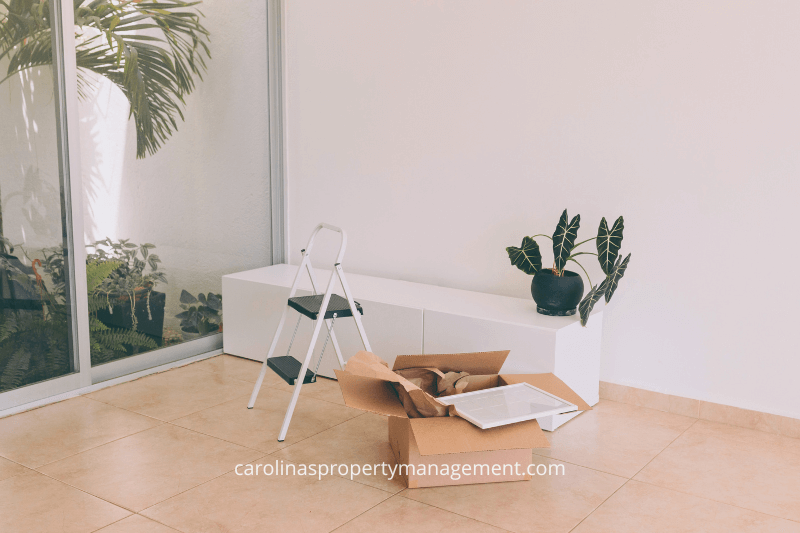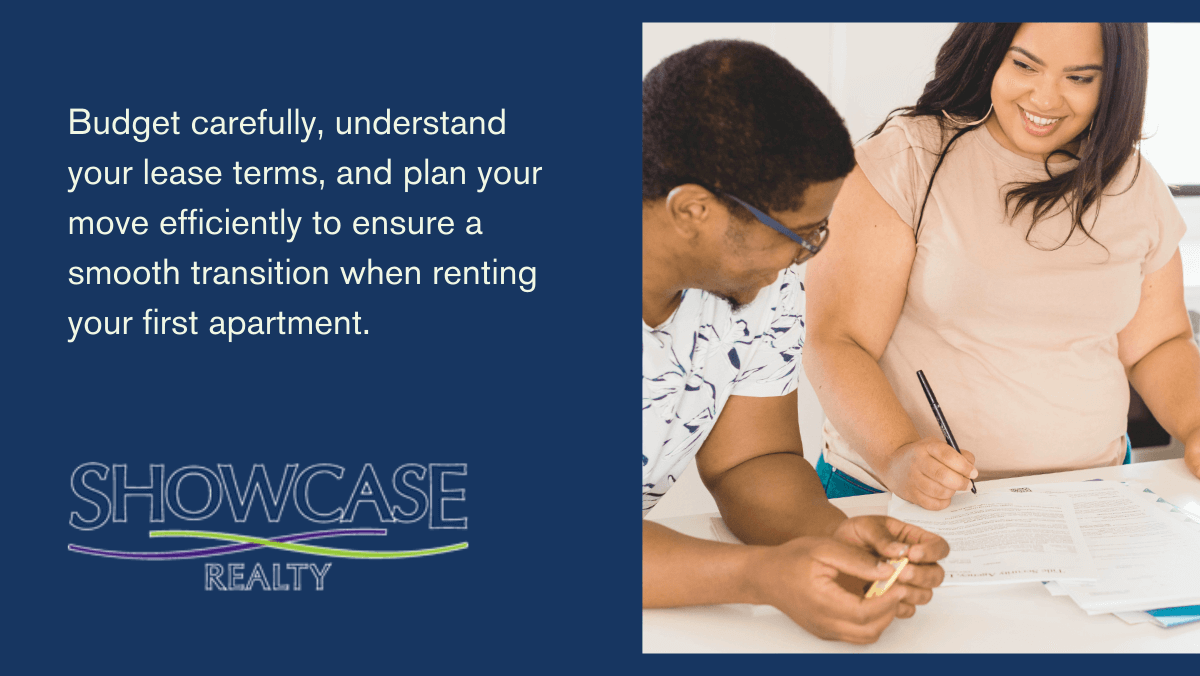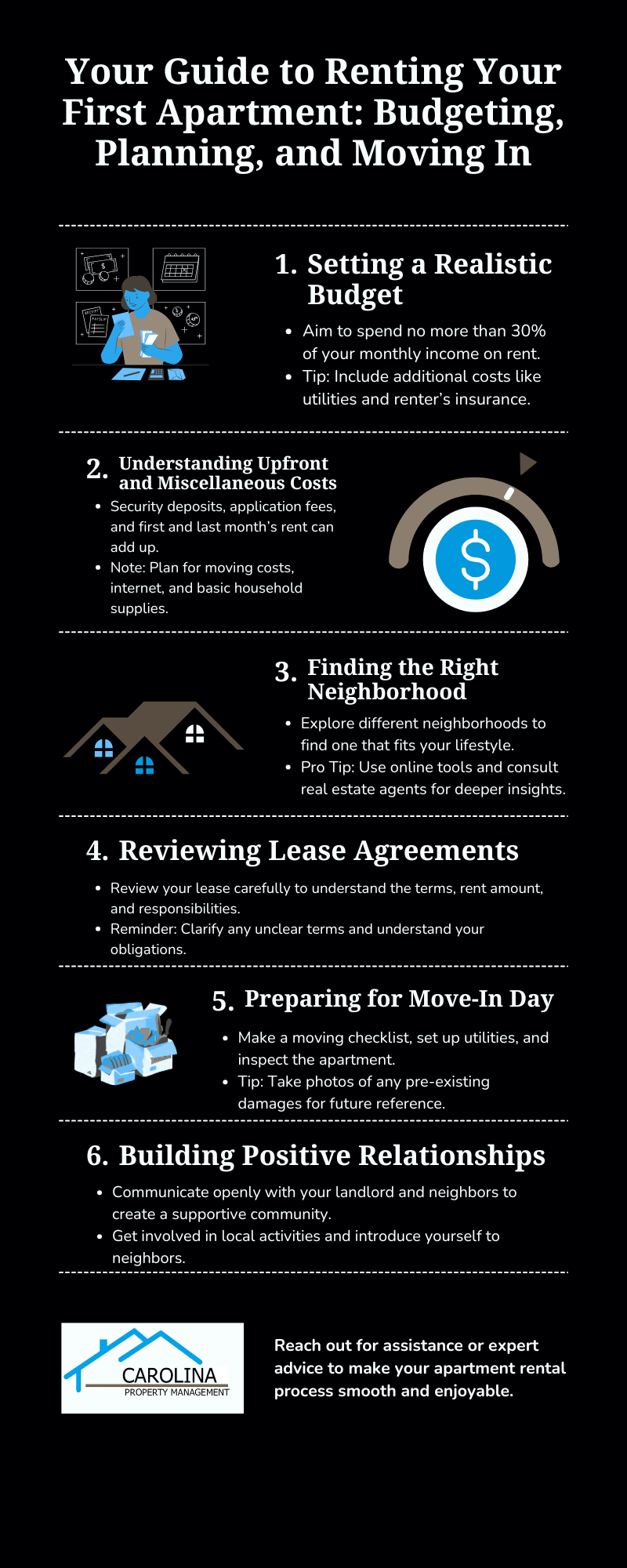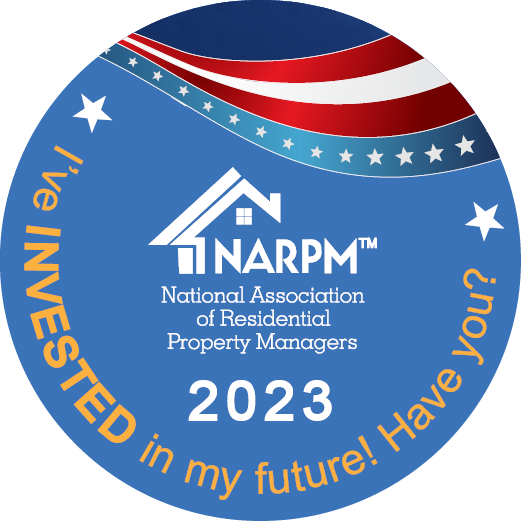What You Can Expect When Renting Your First Apartment – Lease Terms, Budgeting, and Moving Tips
Renting your first apartment can be so exciting. It is a major life event filled with new opportunities. It’s not just about securing a roof over your head, but about finding a space where you can truly settle in and make your own. This journey involves a mix of excitement and challenges.
Getting ready for this move means understanding the key steps and preparing for the responsibilities that come with it. This guide is designed to provide you with the practical advice and insights needed to make your first rental experience as smooth and enjoyable as possible. Are you up for both the thrill and excitement of living alone and finding an apartment to rent for the very first time?
Budgeting for Your First Apartment
Below is a simple guide to help you budget:
1. Setting a Realistic Budget
Start by reviewing your monthly income and subtracting your necessary expenses. Aim to spend no more than 30% of your monthly income on rent. This way, you’re not stretching your finances too thin.
Use the following formula to determine a suitable rent amount:
Maximum Rent = Monthly Income x 0.30
2. Utilities
You should also consider additional costs like utilities, which can vary based on your apartment's location and size. Ask the landlord or previous tenants how much they usually cost. Some apartments include these costs in the rent, but this is not always the case.

3. Renter’s Insurance
Renter’s insurance is inexpensive but important. It covers your personal belongings in case of theft or damage and provides liability coverage in case of accidents. Budget about $15-$30 each month for this.
4. Upfront Costs
When you move in, you’ll have several upfront costs:
Security Deposit: Usually equivalent to one month’s rent and refundable if the apartment is left in good condition upon moving out.
Application Fees: Non-refundable fees for processing your rental application, usually ranging from $25 to $100.
First and Last Month’s Rent: Some landlords ask for both upfront.
Moving Costs: Include expenses for professional movers or a rental truck in your budget.
5. Maintenance and Repairs
Major repairs are usually the landlord’s responsibility, but minor maintenance and repairs might fall to you. It’s a good idea to set aside emergency funds for unexpected maintenance or small repairs.
6. Miscellaneous Costs
Consider other expenses such as:
Internet and Cable: Research providers in your area and include these in your budget.
Household Supplies: Budget for cleaning supplies, kitchenware, and other essential items.
Furniture and Decor: If you’re furnishing from scratch, budget for furniture and decor.
7. Creating a Budget Plan
Create a detailed budget to track your spending. Use budgeting tools or apps to monitor your finances and adjust your budget as needed.

Finding the Right Neighborhood
The location of your new apartment will have a big impact on your daily life. Consider factors like your commute, access to public transport, and proximity to essential services like grocery stores and medical facilities. Explore different neighborhoods to find one that fits your lifestyle.
How to Explore Neighborhoods
Use online maps and neighborhood guides to gather information about various areas. Websites such as Zillow and Realtor.com can give you details on local amenities and property prices. Take advantage of virtual tours offered by real estate websites like carolinaspropertymanagement.com to get an initial impression of neighborhoods and apartments.
Consult real estate agents like Nancy Braun for information about various neighborhoods and assistance in finding a property.
Schedule visits to different neighborhoods and apartments to see them for yourself. Speak with current residents to get their opinions on what it’s like to live in the area.

Understanding Lease Agreements
A lease agreement outlines the terms of your rental and is legally binding. Before signing, review it carefully to understand every detail. Key points to check include the lease length, rent amount, payment deadlines, and penalties for late payments. Make sure you know how to pay—whether by check, online transfer, or another method—and the exact due date each month.
Check for details about maintenance responsibilities, pet policies, and repair procedures. The lease should specify who handles repairs and upkeep. If pets are allowed, understand any restrictions or fees. Review the repair request process so you know how to address issues quickly.
What to Watch Out For
Be cautious of any terms that seem unusual or unclear. Make sure you understand all provisions before signing.
If any part of the lease is unclear, ask the landlord for clarification. Don’t hesitate to seek legal advice to fully understand your rights and obligations.

Moving In and Setting Up
Moving into a new place requires careful planning. Follow these steps to prepare effectively:
Make a Moving Checklist
Write down everything you need to do before, during, and after the move. This will help you remember important tasks.
Decide whether to hire movers, rent a truck, or get help from friends and family. Make all necessary arrangements in advance.
Inspect the Apartment
Inspect your new apartment and note any existing damage such as scratches on walls or broken fixtures.
Take photos or videos of any damage you find and share these with your landlord to avoid problems with your security deposit later.
Set Up Utilities and Services
Contact utility providers to arrange for electricity, gas, water, and heating/cooling services. Make sure these are set-up and functioning before your move-in date.
Schedule installation for internet and cable services well in advance to avoid delays.
Plan Your Move
Arrange your belongings systematically, labeling each box by room and content.
Prepare a box with immediate necessities, such as toiletries, basic kitchen items, and important documents.

Arrange Your Belongings
Start unpacking essential items first and arrange your furniture and decorations to create a comfortable living space.
Organize your storage spaces, such as closets and cabinets to keep everything tidy and accessible.
Explore the Building and Neighborhood
Take time to explore the building’s amenities, such as laundry rooms or fitness centers, or common areas.
Introduce yourself to your neighbors to start building a friendly community.
Address Administrative Details
Update your address with the post office, banks, and other relevant institutions.
Review and update your renter’s insurance policy to make sure it covers your new apartment.
Building Good Relationships
Building positive relationships with your landlord and neighbors can make your living experience better. Communicate openly with your landlord about maintenance issues or other concerns. Being considerate and respectful helps create a supportive community.
Get involved in local events or activities to connect with others in your building or neighborhood. A strong community can enhance your living experience and provide valuable support.

Considering Your Next Steps
Renting your first apartment is an exciting milestone. It’s your chance to create a space that’s truly yours, where every corner reflects your personal style and each room feels like home. This move is more than just changing addresses—it’s a fresh start and an opportunity to make new memories.
To make this transition smooth, careful planning is essential. Budget wisely, understand your lease agreement, and get to know your new community. Each step helps build a positive living experience.
Are you ready to turn this vision into reality? Our team at CPM is here to help you navigate the rental market with ease. Whether you’re searching for a cozy apartment in a vibrant neighborhood or need expert advice on the best options for your lifestyle, we’ve got everything for you.
Visit our website or give us a call today to explore a range of rental properties tailored to your needs. Don’t just dream about your perfect apartment—make it a reality with our dedicated support. Your new home awaits, and we’re here to guide you every step of the way!














